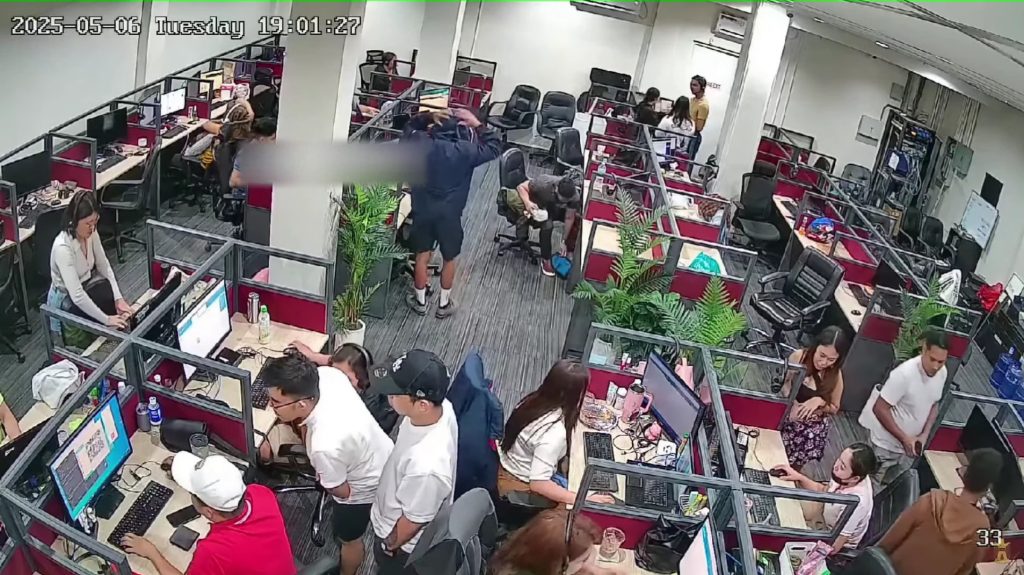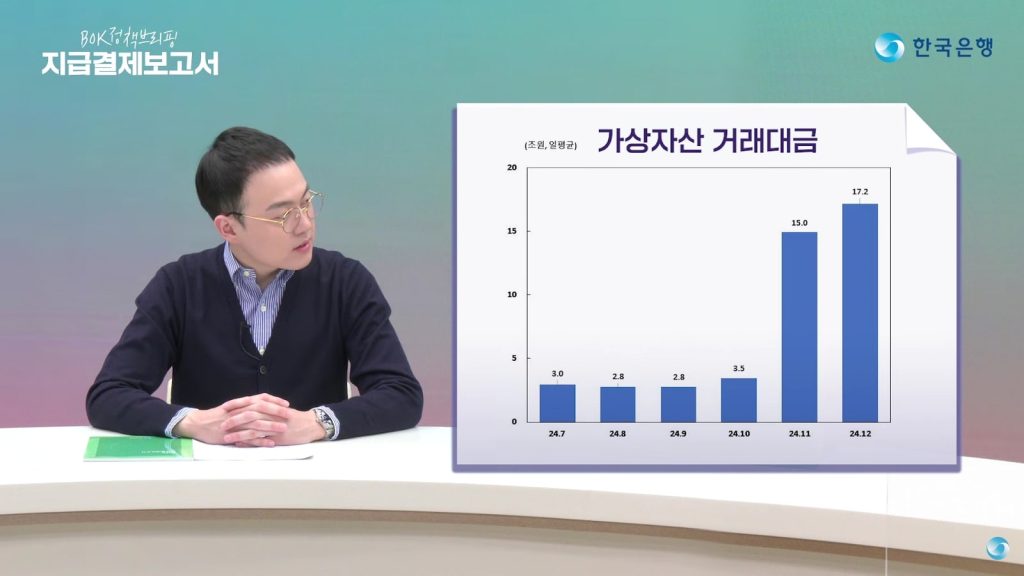|
|
Viral exposé forces Philippine authorities to probe alleged scam hub
The Philippines’ Cybercrime Investigation and Coordinating Center (CICC) has launched an official investigation into a suspected scam operation based in the island city of Cebu, following a viral exposé by YouTube content creator mrwn.
In a 23-minute video that has garnered over 2.7 million views on YouTube and is spreading rapidly across social media, mrwn reveals how he hacked into the scam center’s computers and CCTV system, exposing what appears to be a fraud ring operating out of a call center-style office.
According to mrwn, the operation is estimated to earn $800,000 annually, with agents defrauding victims overseas through various methods, including stealing credit card data and coercing victims to transfer cryptocurrency via Bitcoin ATMs.

To confront the scammers, mrwn posed as the operation’s financier, calling an agent’s computer through a messaging platform.
The office descended into chaos, with agents seen panicking and ignoring the call before contacting their floor manager, who then phoned the alleged boss using his mobile. Upon confirming the caller wasn’t legitimate, the manager blocked the account.
Mrwn then sent live CCTV images of the office to the agents, prompting them to evacuate. The floor manager retreated to his private office, where mrwn used the built-in microphone of the manager’s laptop to speak to him directly.
Local crypto news outlet BitPinas pointed out that the manager’s screen had email notifications of maintenance and login alerts from crypto exchanges Binance, Netcoin and local platform Coins.ph, raising further suspicion of cryptocurrency’s role in the operation.
Mrwn shared screenshots of his attempts to contact various Philippine government agencies. Most went unanswered, except for the Department of Justice, which advised filing a local police report. This was not feasible for mrwn as he is not based in the Philippines. One viewer emailed mrwn expressing frustration over the prevalence of scammers in the Southeast Asian country and the lack of government action.

The video’s virality, however, appears to have finally sparked a response.
“We want to reject the notion that the Philippine government does not act in the face of adversity,” DICT Assistant Secretary Renato Paraiso said in a virtual press conference, directly addressing mrwn while vowing to launch an official investigation.
“The investigation of mrwn has provided good leads, and in fact, we have several persons of interest already that we would pursue our investigation, and hopefully we can attribute certain crimes with them, and we would get their locations and apprehend them.”
Kakao finds 70,000 crypto Ponzi apps in a month
Kakao Pay, the payments arm of internet giant Kakao, has alerted users to more than 70,000 cases of malicious crypto-related apps in the past month.
Kakao Pay said on May 22 that its security solution detected more than 70,000 instances of malicious apps tied to cryptocurrencies in just the last month. Over 80% of these threats were linked to Ponzi-style investment scams.

Ponzi schemes and other crypto-related frauds are emerging as major social concerns, fueled by the rapid expansion of the virtual asset industry in South Korea.
According to the Bank of Korea, domestic crypto holdings reached a record high of 104.1 trillion Korean won (about $76 billion) at the end of December 2024.
At the same time, the Korea Financial Consumers Protection Foundation found that 20.3% of crypto investors in the country had experienced some form of financial crime.
More Japanese IP set for blockchain
Japanese blockchain Astar Network has secured a strategic investment from Animoca Brands, as part of a partnership to bring Japanese and Asian entertainment IPs into Web3.
The collaboration focuses on enabling IP holders and creators in Japan and Asia to build digital ecosystems around their properties.

One of the initiatives is Anime ID, an identity layer backed by Animoca’s Moca Network. The collaboration also brings Anime ID to serve as the identity layer in Sony’s Ethereum layer-2 Soneium.
The announcement comes on the heels of a shift in Astar’s tokenomics. In April, the project reduced base staking rewards from 25% to 10% to curb inflationary pressure after ASTR hit a record low of $0.02.
Korean underground money transfer operation
South Korean customs officials have uncovered a major underground money transfer operation that used the USDT stablecoin to illegally move nearly 58 billion Korean won (around $42 million) between South Korea and Russia.
Seoul Customs Office told local media that two Russian nationals in their 40s have been referred to prosecutors for allegedly carrying out over 6,000 illegal transactions between January 2023 and July 2024.
The two individuals had obtained either permanent residency or overseas Korean status to live in South Korea, where they ran an unlicensed currency exchange service. Investigators say they used Telegram to connect with clients and facilitate remittances from Korea to Russia and vice versa via USDT.
To collect funds from customers in South Korea, the operation relied on local fintech services, such as instant cash deposits at convenience stores. These funds were then used to purchase USDT, which was either sent directly to the customer’s crypto wallet or routed to collaborators in Russia.


Yohan Yun
Decade after Ethereum ICO: Blockchain forensics end double-spending debate
Magazine and Gray Wolf’s investigation concluded that Bitcoin was not double spent in Ethereum’s 2014 ICO, but illicit actors may have laundered their dirty crypto.
Read moreSBF legal fees, BTC market cap flips Meta and USDC climbs back to $1: Hodler’s Digest, March 12-18
Sam Bankman-Fried seeks to use FTX’s corporate insurance, Bitcoin outperforming Wall Street banks in 2023 and USDC repegs after turbulent days.
Read more9 weirdest AI stories from 2025: AI Eye


